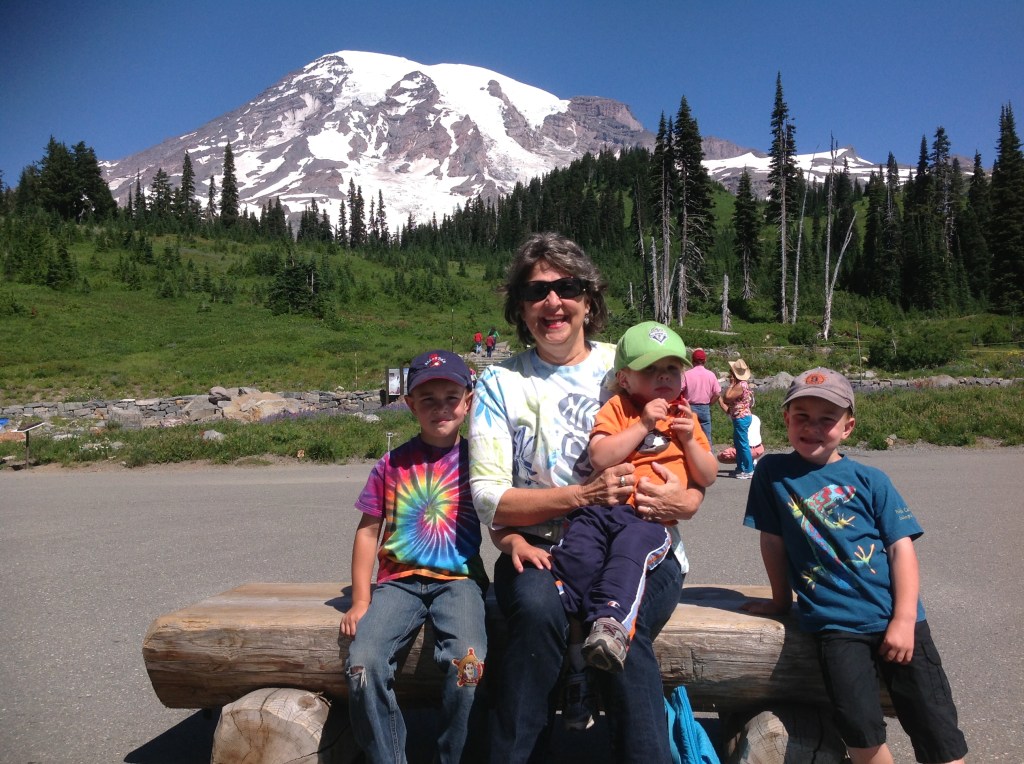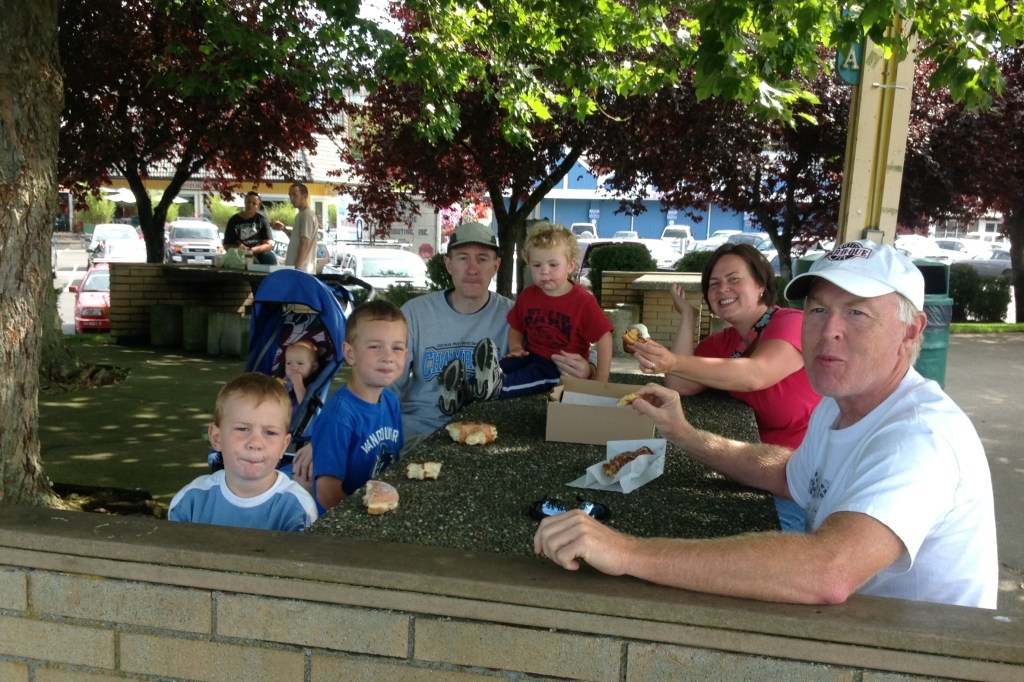
I wrote this blog post in July 2011. It is hard to believe 13 years have passed by since then! This week someone commented on this post which made me read it again. There is much mentioned in current culture about people being disrespectful to each other. Is politeness a thing of the past? I am pleased to say that while campaigning this past month I have met many respectful, polite individuals. A number of these people have been students at WCU. I can testify that politeness is alive and well – yet we MUST pass it on. With that in mind I share the following….
“We have had the privilege of spending lots of time this past month with all 9 of our grandchildren. It was especially nice because three of our grandsons live across the country from us, so we are blessed whenever we are able to have time together. Our grandchildren are learning manners, and it is so nice to hear “please”, “thank you”, “you’re welcome” and other polite phrases from these little ones. It is often amusing as they learn the correct meaning, and therefore the correct use, of polite language. I gave one of our grandsons a snack and his mother said “What do you say to Nana?” He replied “sorry” while putting the snack in his mouth – I couldn’t help but laugh!

This training in manners from parents is so essential, and not often valued in our current culture. Manners have sometimes gotten “bad press” in the recent past because those imposing “correct behavior” sometimes had ulterior motives. Various ways of behaving and speaking classified people, often unfairly. Yet common courtesy should never go out of style and it is even more important as our children interact with people in a culture that is increasingly more diverse.
Speaking politely and showing thankfulness are ways to honor others. As a high school art teacher, I see many students who use polite language and those are often the students who have lots of friends and are highly regarded by their peers. Students who are demanding and rude are generally the most unhappy people and not surprisingly, seem to have few friends.
I had a student ask me last year, “Mrs. Woody, why do you always say ‘please’ and ‘thank you’ to us? ” I answered, “I want to speak respectfully to you all, just as I want you to speak respectfully to me.” It is exactly the same for us as parents. We must model for our children the language and words we want them to use. This is especially true of how we speak to our spouse. Our children will talk to their dads just the way we talk to our husbands. Yes, and children will talk to mom the way they hear their dad talk to her. OUCH! When we ask for help from our spouse or children do we say “please?” Do we respond with a “thank you?”
Manners mattered enough to Jesus that He singled out one man who came back and thanked him after being healed. Luke tells about this situation in Luke 17:11-19
11 Now on his way to Jerusalem, Jesus traveled along the border between Samaria and Galilee. 12 As he was going into a village, ten men who had leprosy met him. They stood at a distance 13and called out in a loud voice, “Jesus, Master, have pity on us!” 14When he saw them, he said, “Go, show yourselves to the priests.” And as they went, they were cleansed. 15 One of them, when he saw he was healed, came back, praising God in a loud voice. 16He threw himself at Jesus’ feet and thanked him—and he was a Samaritan. 17 Jesus asked, “Were not all ten cleansed? Where are the other nine? 18 Has no one returned to give praise to God except this foreigner?” 19 Then he said to him, “Rise and go; your faith has made you well.”
“Thank you” was important to Jesus because it revealed what was in the man’s heart. Those polite words do the same thing for us, our spouses, our children, and others. It shows that we value and appreciate each other, just as Jesus does.”